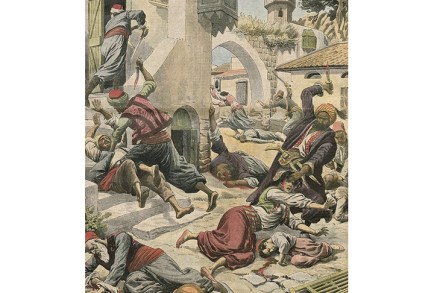Disputes over Putin
These two refreshingly concise books address the same question from different angles: how should we deal with Russia? Mark Galeotti focuses on Vladimir Putin himself, his background, aims, tactics and strategy (if any). Andrew Monaghan takes a wider approach, analysing Russia’s strengths and weaknesses, its self-image, its perceptions and misperceptions of us, ditto ours of it. Both argue that relations between Russia and the West suffer because we are sometimes prisoners of our own preconceptions. Monaghan describes what he calls the two-part security dilemma, a problem firstly of interpretation and secondly of response. The interpretive problem is partly the automatic assumption that Russia is an expansionist threat, as evidenced by





















